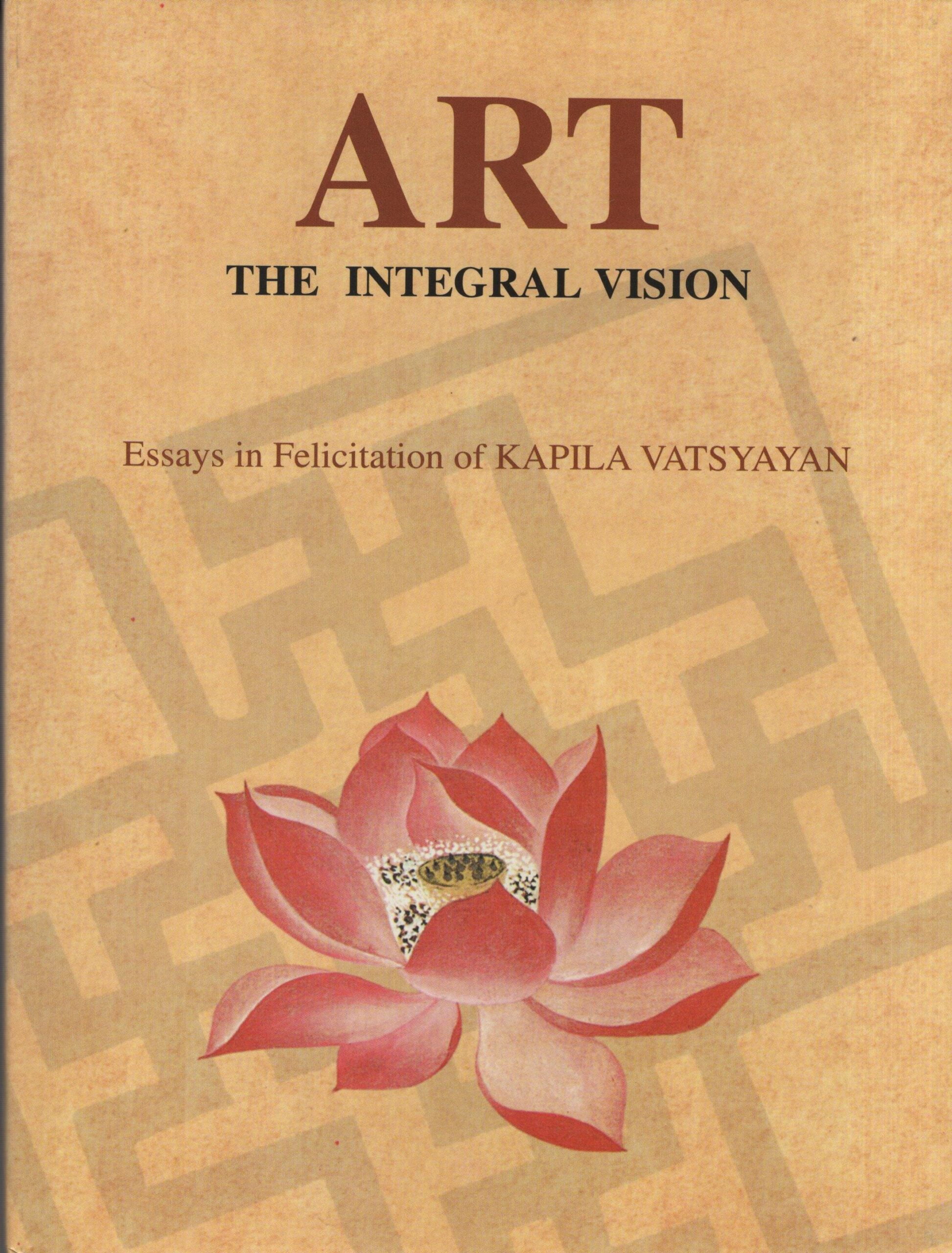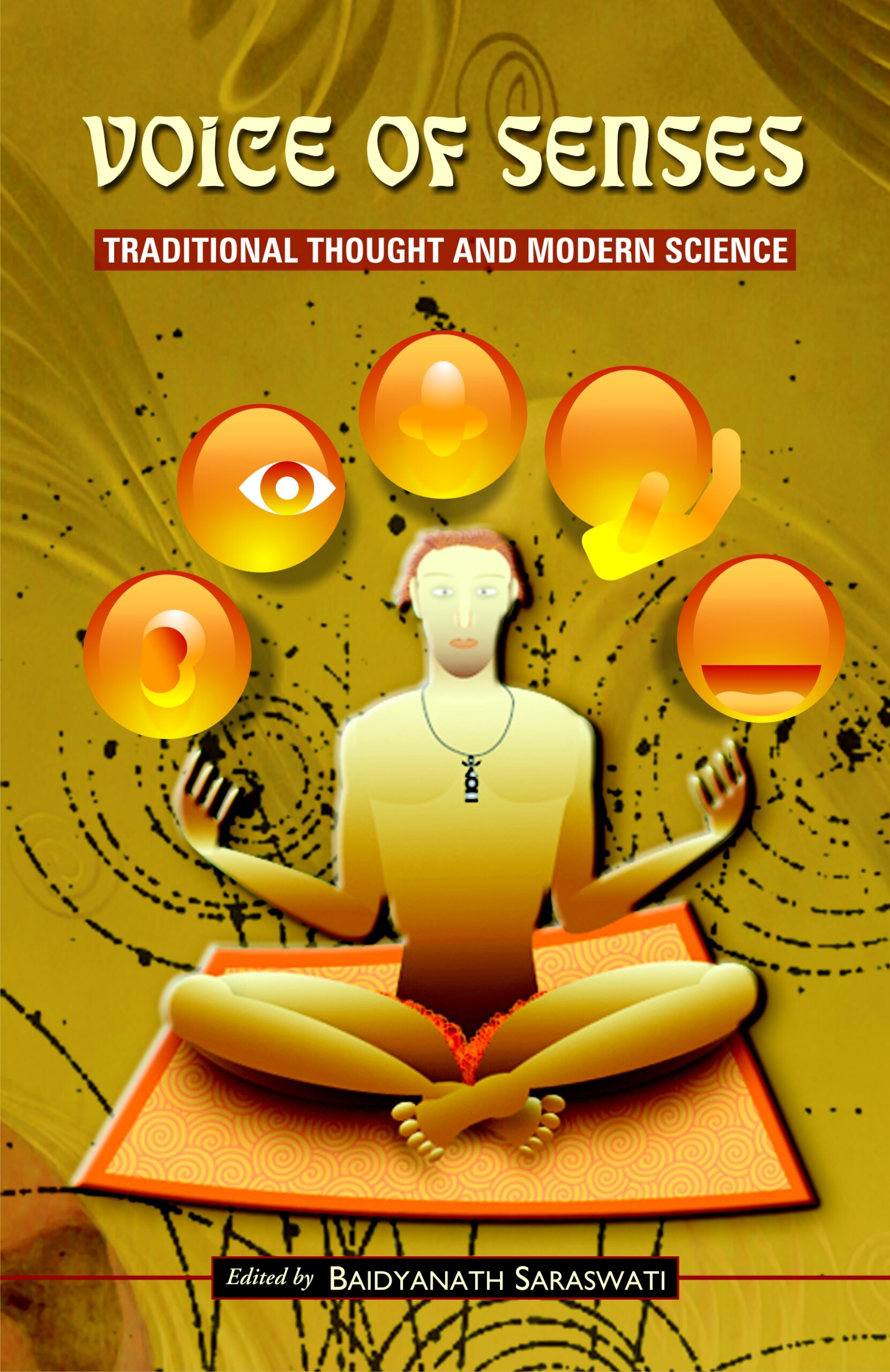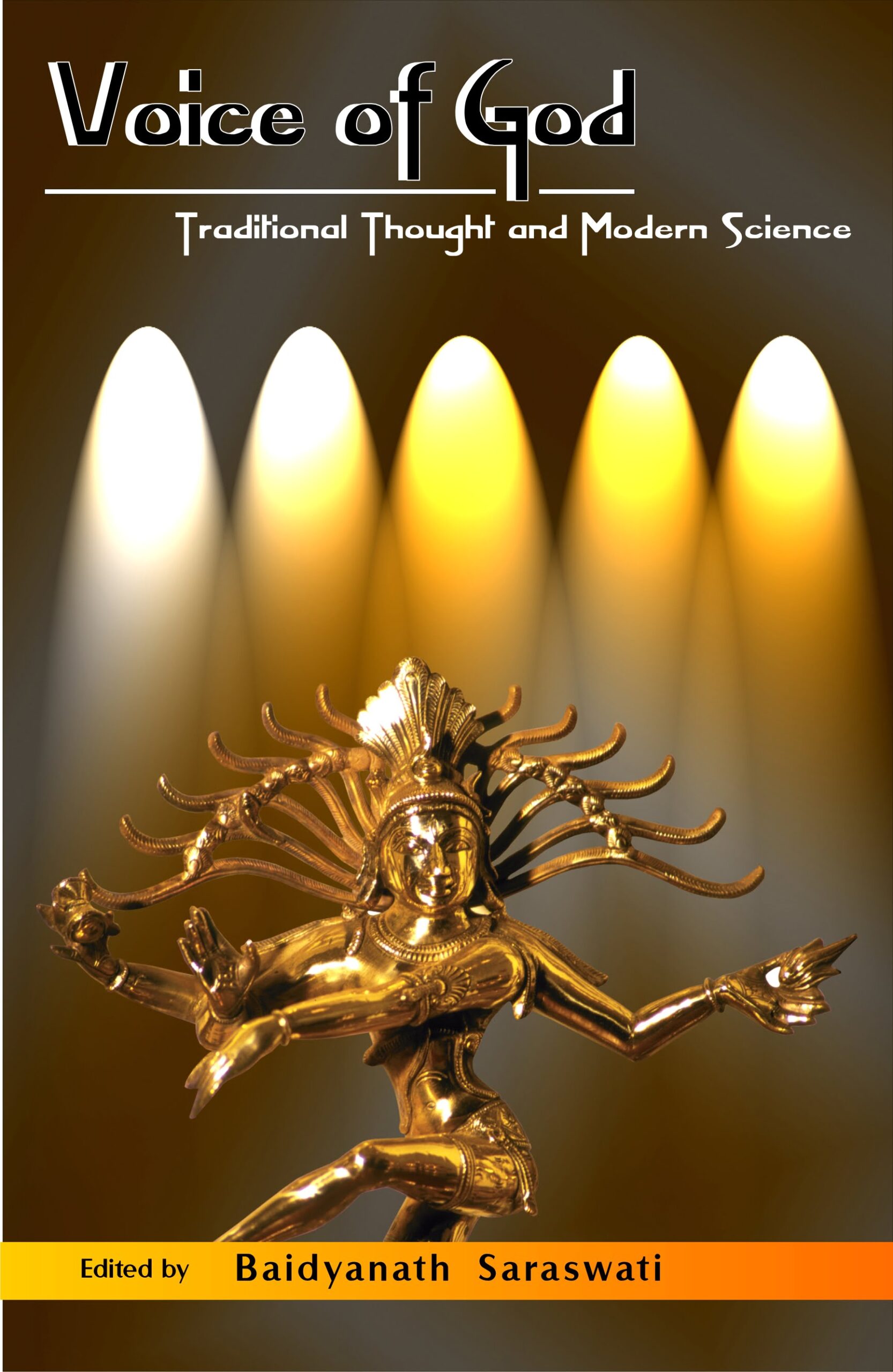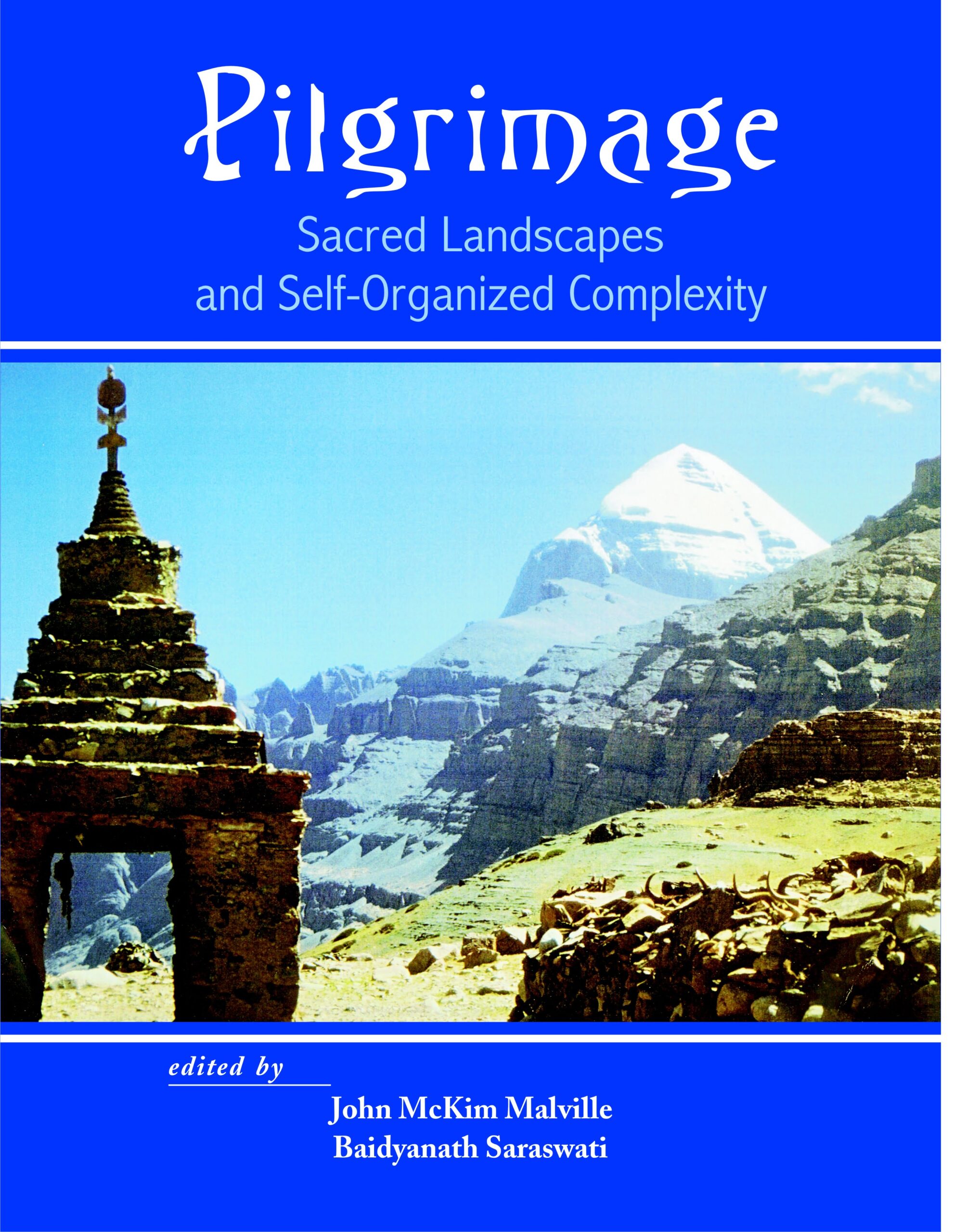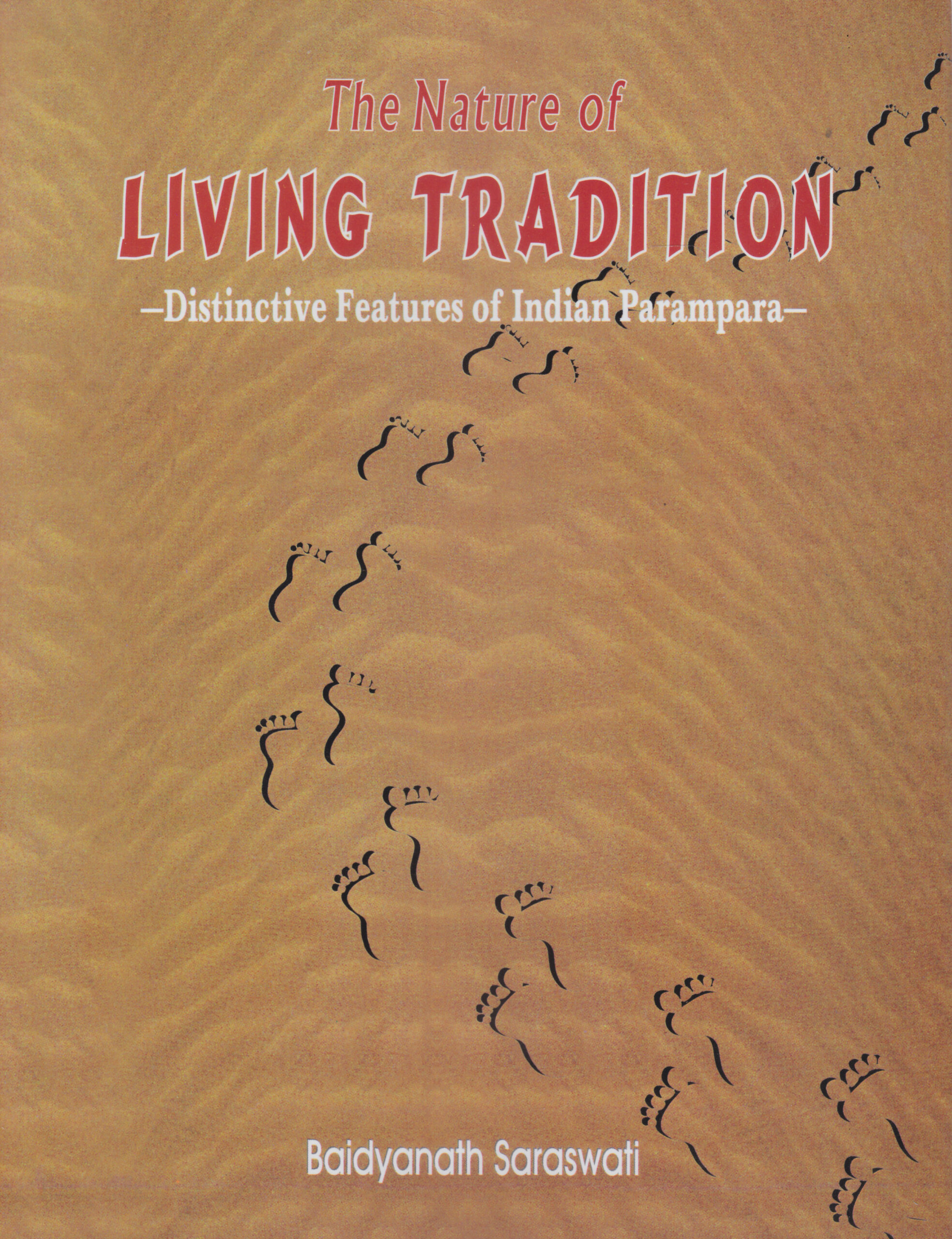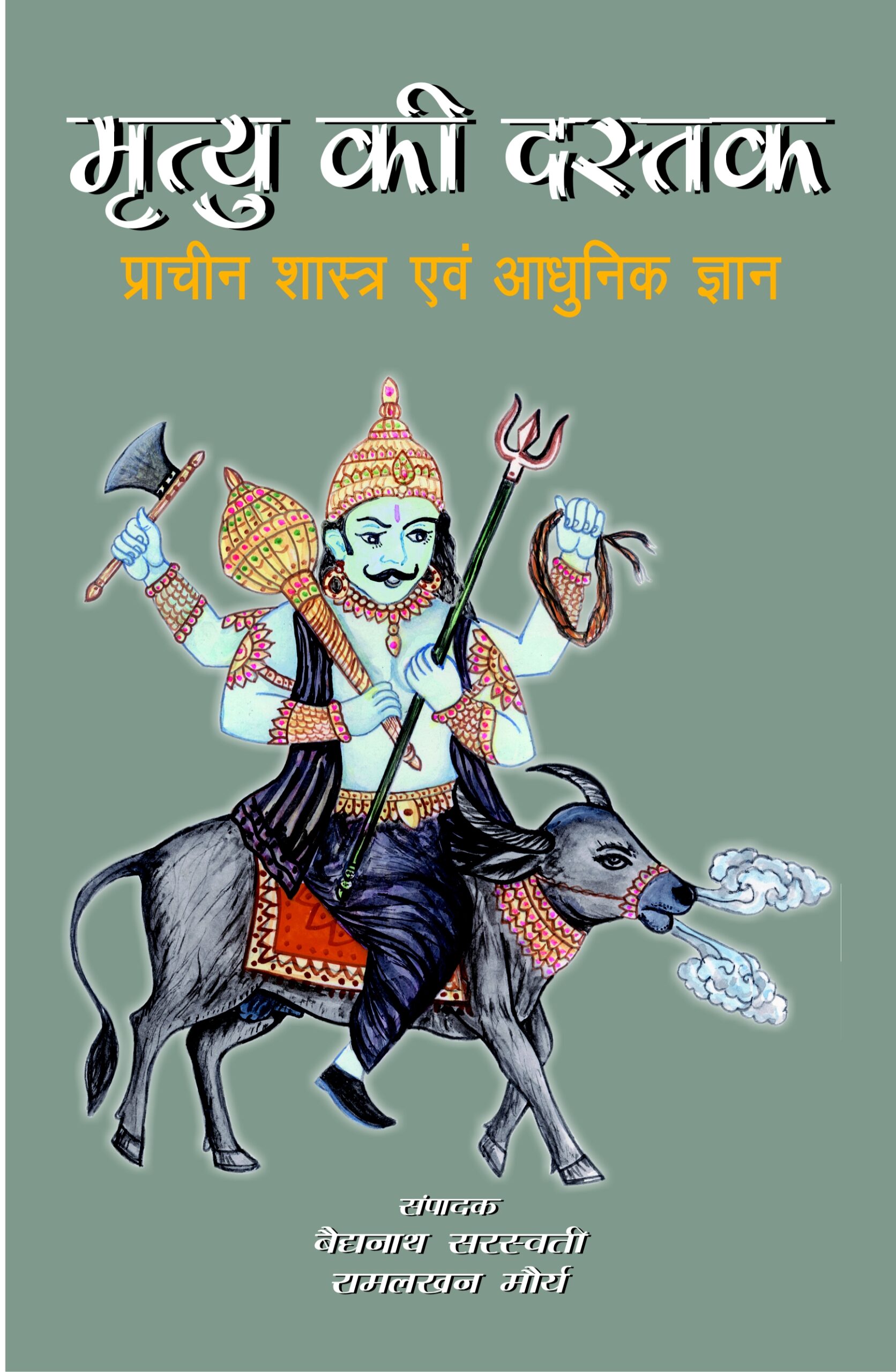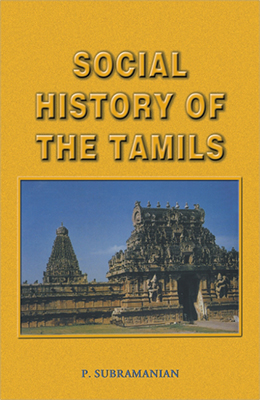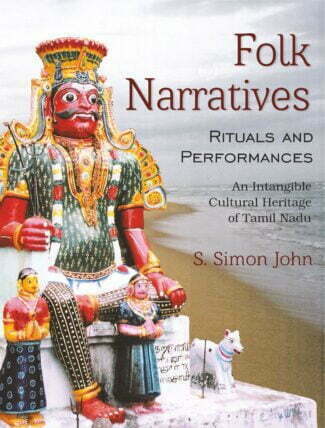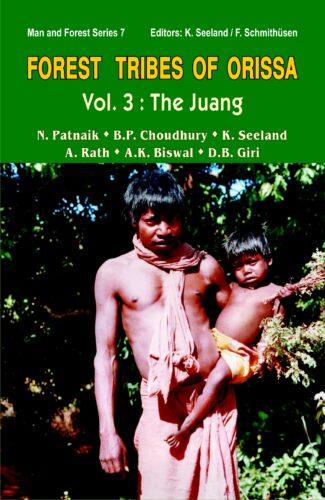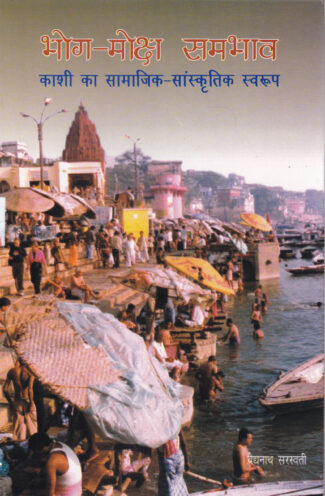

Bhog-Moksha Sambhava...
Bhog-Moksha Sambhava
Kashi Ka Samajika-Samskritika Svarupa by: Baidyanath SaraswatiThis book contains 57 essays on the history of Kashi. They highlight the important religions, sects, factions of Kashi and their involvement in cultural traditions social and economic.
₹850.00 Original price was: ₹850.00.₹765.00Current price is: ₹765.00.
ISBN: 9788124601518
Year Of Publication: 2000
Edition: 1st
Pages : xiii, 362
Language : Hindi
Binding : Hardcover
Publisher: D.K. Printworld Pvt. Ltd.
Size: 23 cm.
Weight: 700
This book contains 57 essays on the history of Kashi. They highlight the important religions, sects, factions of Kashi and their involvement in cultural traditions social and economic.
- Sale!Social History of the Tamils (1707-1947) by: P. Subramanian
₹1,600.00Original price was: ₹1,600.00.₹1,440.00Current price is: ₹1,440.00.Notwithstanding the prolificity of indepth researches in contemporary historiography, Professor Subramanian’s book is the first concentrative effort to track down the social history of the Tamils. Today, the Tamils, over fifty million of them, live in the south-eastern state of the Indian peninsula: Tamil Nadu — which indisputably represents the very nucleus of millennia-old Dravidian culture in India. The book offers a compelling account of the Tamils’ society, economy, religious beliefs, educational mechanisms, arts, and cultural expressions during the years 1707-1947 — when, significantly, the British domination blossomed, bloomed, and faded; when new thoughts, new ideas, and new ways of life came as irresistibly into the homeland of the Tamils as into the Indian subcontinent. Thus retracing over two centuries of the ‘British connextion with India’, the author here tries to show how the long colonial rule in India exposed the tradition-bound Tamilian society to Western influences — with results that proved incalculable in both their range and depth. Social History of the Tamils : 1707-1947 is the outcome of Professor Subramanian’s decade-long, painstaking research, authenticated by an astonishing mass of evidence including archival records, Jesuit sources, Modi (Maratha) manuscripts, newspapers’ reports, biographies, travelogues, literary writings, and even fictional works.
- Sale!Cultural Dimension of Ecology by: Baidyanath Saraswati
₹600.00Original price was: ₹600.00.₹540.00Current price is: ₹540.00.Urbanization. Industrialization. Market Economy. Technocentric Lifestyles. Degenerated Consumerism. Air, Water and Land Pollutions. These are some of the tell-tale expressions, recurringly surfacing in the concerns about ecological disturbances across the continents. Today, however, as we are headed for an ecological disaster, there is not only a growing awareness against the cornucopian technocentrism, but also a far-stretched disillusionment with the one-way exploitative, economic development. And even the national planners are being questioned: Can the law of a nation supersede the Law of Nature? Should the rights of the people be allowed to be destructively manipulated by the rules of power? Must the wisdom-tradition of our ancestors be shelved to accomodate the flagrant hypocrisies of the Planning tradition? As a part of the Unesco Chair activities at the Indira Gandhi National Centre for the Arts, a Conference: 13-16 October 1995, New Delhi, involved some of the highly reputed scholars in a stimulating dialogue on the Cultural Dimension of Education and Ecology. Its presentations are now offered in two volumes: setting out independently the Cultural Dimension of (1) Education, and (2) Ecology. Focussing on the ecological systems in the mountains, forests and islands vis-a-vis the hitherto-adopted modes of aggressive development, the 15 articles here underscore the urgency of changing the modern lifestyles, of befriending Nature and, above all, of returning to wisdom-tradition. Also included here are case-studies highlighting the aspects of culture that are being lived in the day-to-day lives of people even today! This collection is invaluable to environmentalists, social activists, economic planners, policy-makers, and cultural scholars working for the revival of traditional wisdom.
- Sale!Folk Narratives Rituals and Performances by: S. Simon John
₹1,800.00Original price was: ₹1,800.00.₹1,620.00Current price is: ₹1,620.00.Folk Narratives: Rituals and Performances reflects the world-view of the traditional societies and it is considered as an Intangible Cultural Heritage (ICH) of a particular community or society. This study investigates the culture, in a particular sociocultural context, of the multifaceted Tamil society through numerous rituals, offerings, vows, customs, practices, belief systems, performing folk arts, fairs and festivals, dance and music, material culture, etc. which are deeply rooted in their cultural moorings, and practised and closely associated with the folk religion, life-cycle ceremonies and social psychology.
This illustrative monograph systematically documents, investigates and discusses different aspects of ICH of Tamil Nadu childrens folklore, proverbs, material folk culture, oral narratives, folk gods and goddesses, and ritual practices. A number of colourful photographs enable one to grasp the rich cultural heritage of Tamil Nadu at ease.
The monograph will be of interest to scholars and researchers across humanities and social sciences especially those in folklore, anthropology, sociology, cultural studies, religion, ritual studies, art and performance studies. It will also appeal to the general reader. - Sale!Evil by: Notker Wolf, Lep G. Linder,
₹275.00Original price was: ₹275.00.₹248.00Current price is: ₹248.00.This book is an indispensable guide for an up-to-date system of values. What once used to be deadly sins threatening human salvation have now become socially acceptable; envy and greed are the driving forces behind a ruthless economic world; there are outbreaks of anger on the streets and in the football stadiums. The name of the game is manifold: stubbornness, impatience, narcissism and disloyalty.
Notker Wolf has taken an look at an interesting development. He finds examples in the Bible, in the ancient myths, in current affairs. His conclusion: the deadly sins are as relevant today as ever before and it would be advisable not to leave the field open to them in our (western) economic and social systems, but rather to counter them with a foundation of values that are up to date. Readers will recognize themselves and our day and age in the mirror of this book. - Sale!Forest Tribes of Orissa Vol. 3: The Juang by: Nityananda Patnaik, B.P. Choudhury, Klaus Seeland, A. Rath, A.K. Biswal, D.B. Giri,
₹900.00Original price was: ₹900.00.₹810.00Current price is: ₹810.00.In the management of renewable resources, forests have undeniably a vital role, and today, as never before, their conservation is an urgency. In view of this dire necessity the series Man and Forest tries to highlight the relevance of indigenous knowledge of various South Asian tribal communities in the sustainable management of forests/local resources more specially against the growing challenges of economic development vis-à-vis environmental hazards and a rapidly declining resource base. A scientific inquiry into indigenous knowledge is an effort to discover/rediscover the tribals’ traditional modes of production and conservation. For them it is the only source to cope with the problems of modernity affecting their lives and precarious environments. Forest Tribes of Orissa: The Juang is the seventh monograph in the series Man and Forest and, after the publication of an account of the forest world of the Dongaria Kondh in 2002, and the Kuttia Kondh in 2006. Being a tribal community in transition, the authors have tried to document and thus safeguard its local traditional knowledge of conservation, use and management of forests and natural resources. They give an account of how the Juang classify trees and other plants, hills, forests, crops and animals. Their subsistence economy, agricultural system, social organization, religious beliefs and other important socio-cultural aspects of forest life have been extensively treated. The lifestyle of this tribal community is finally reflected on the background of forest policy and the impact it has on their livelihood. The present book is, as most of the volumes in the series, the outcome of nearly ten years’ research venture involving an interdisciplinary, intercultural team of sociologists, ethnobotanists, and social anthropologists


